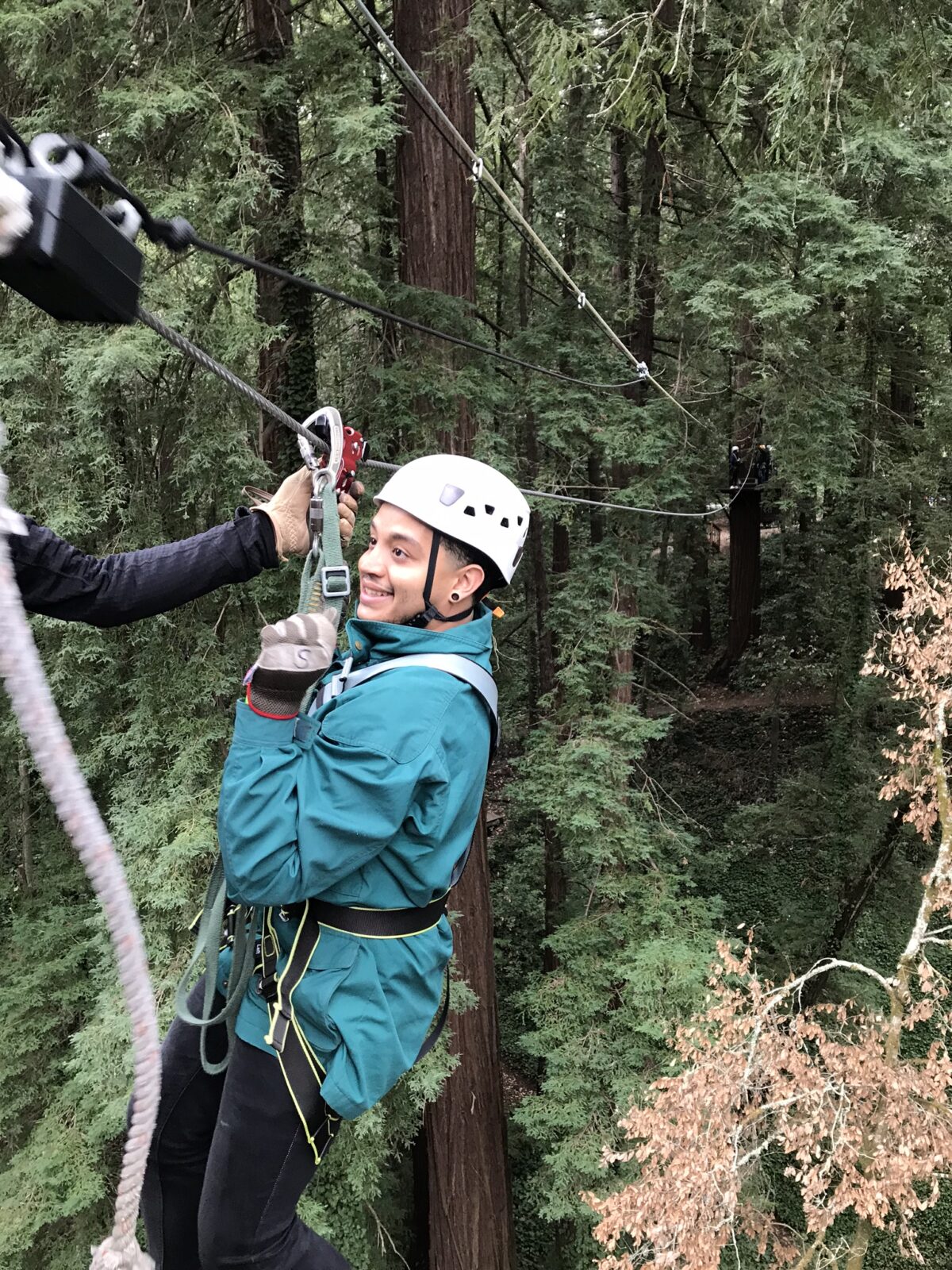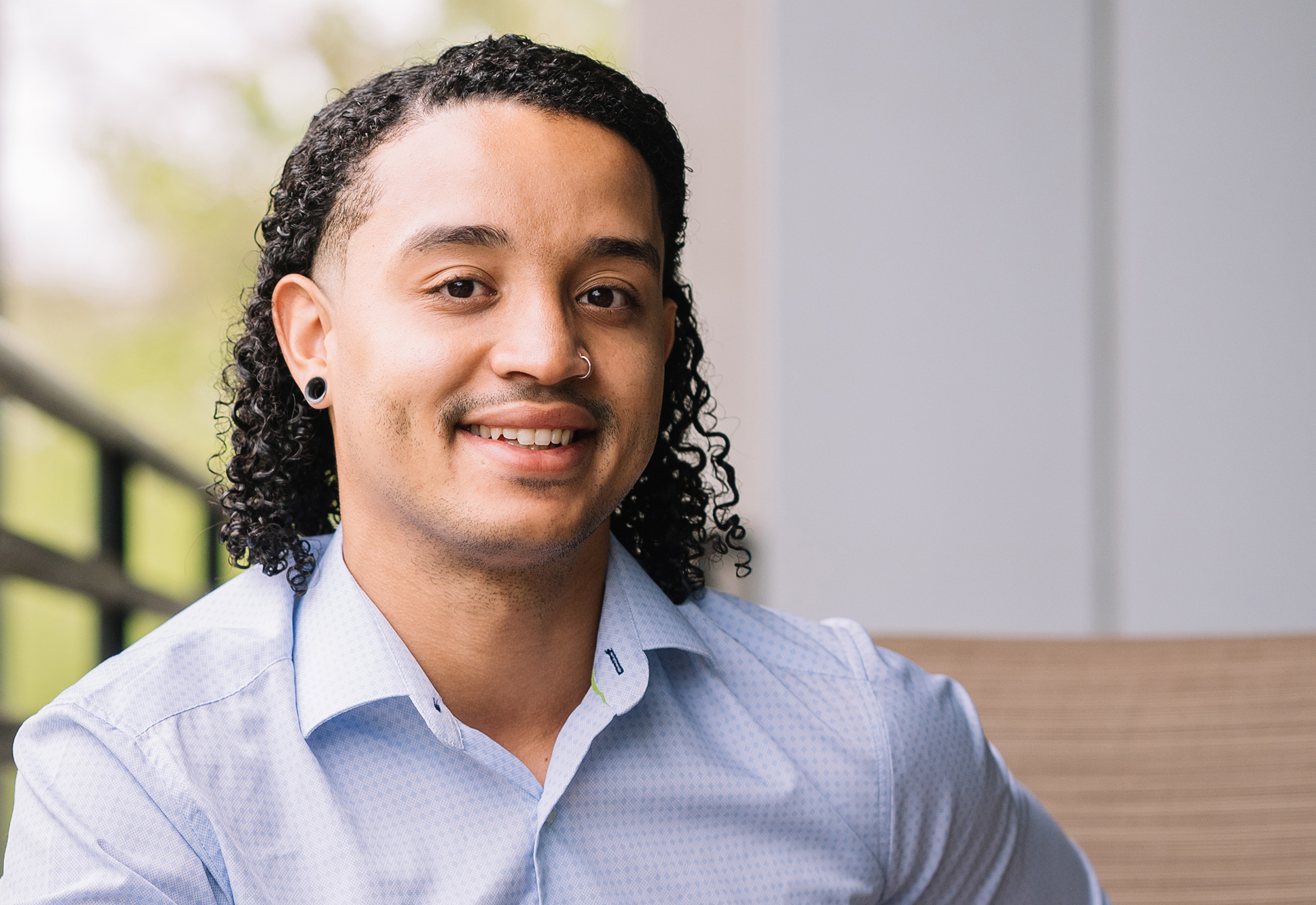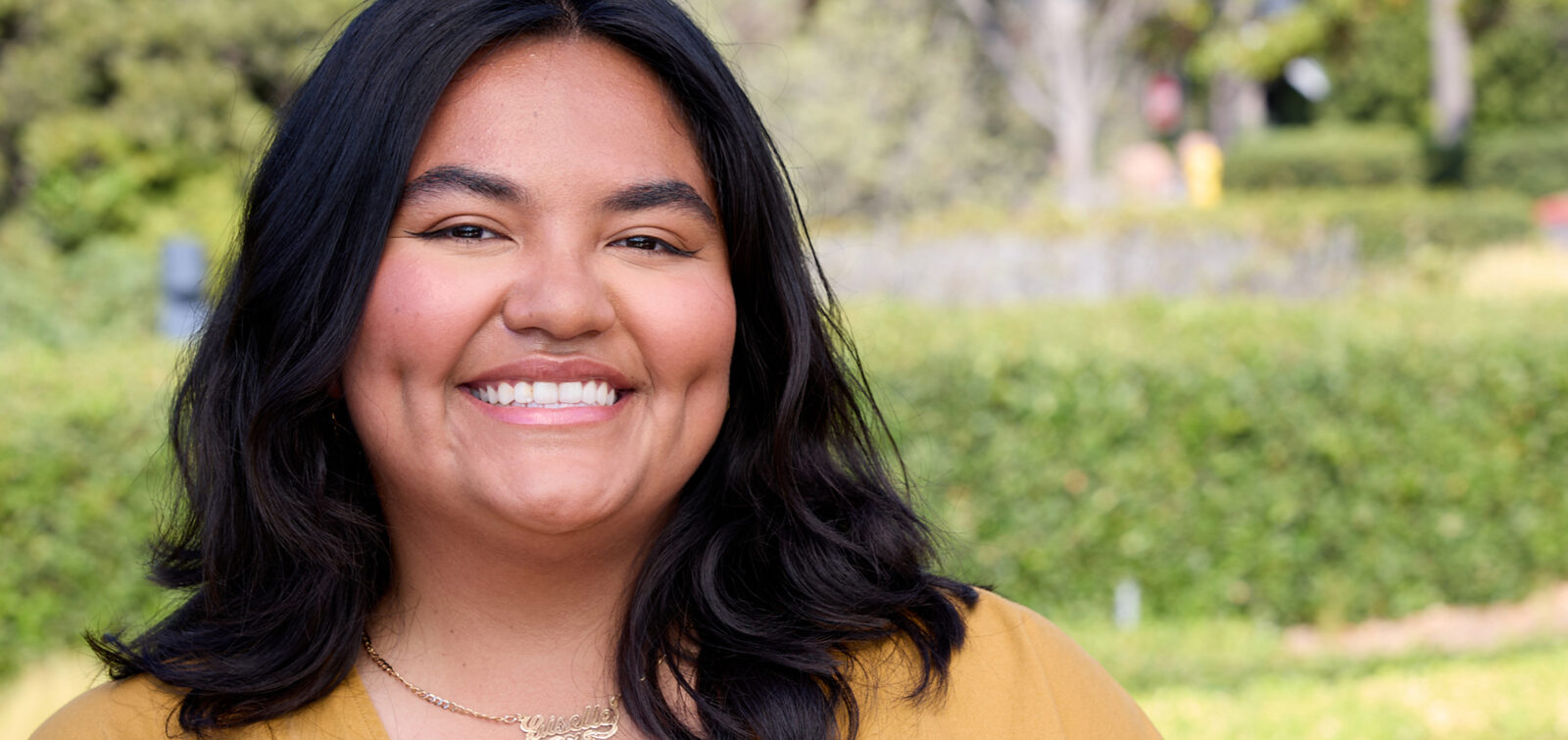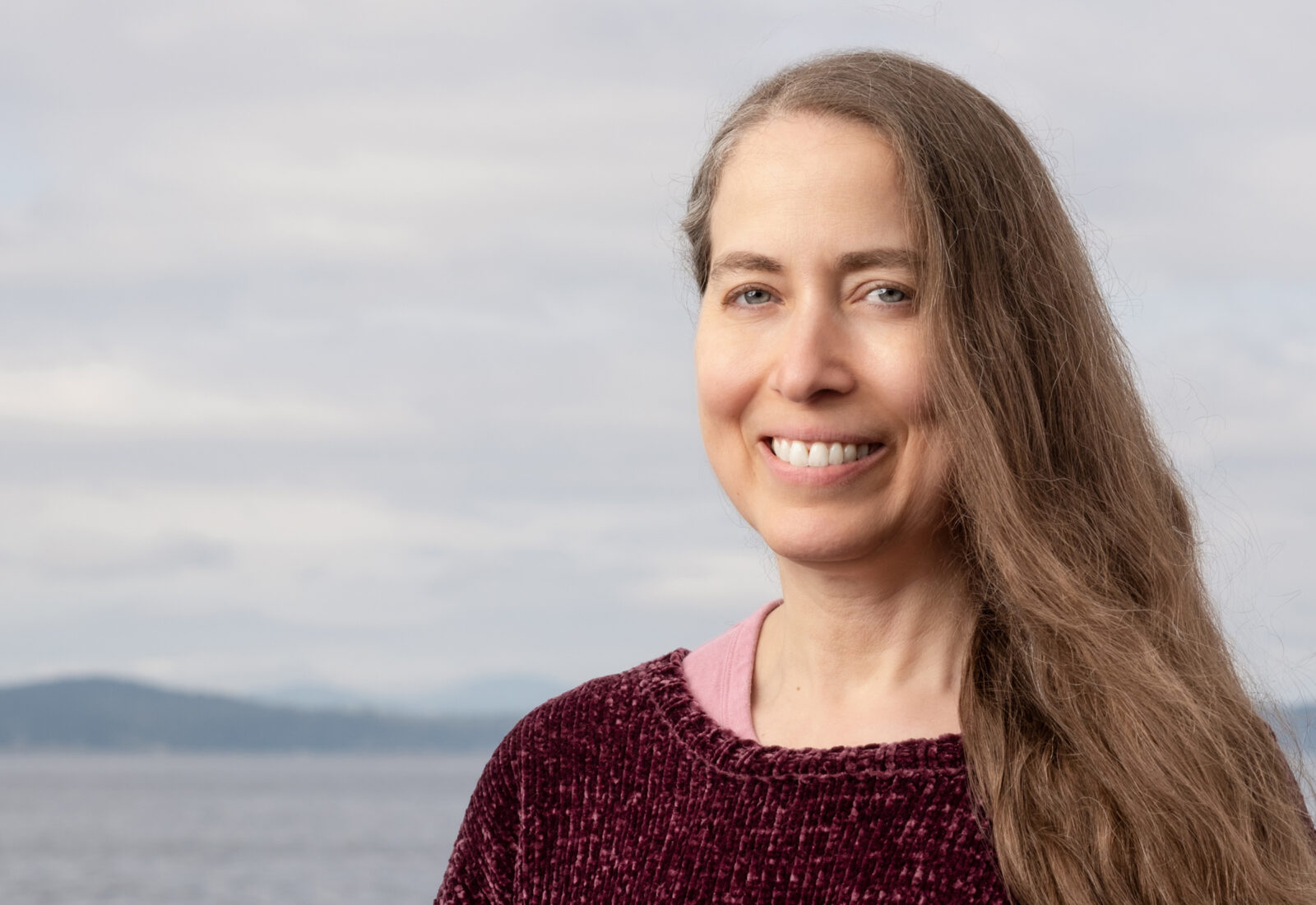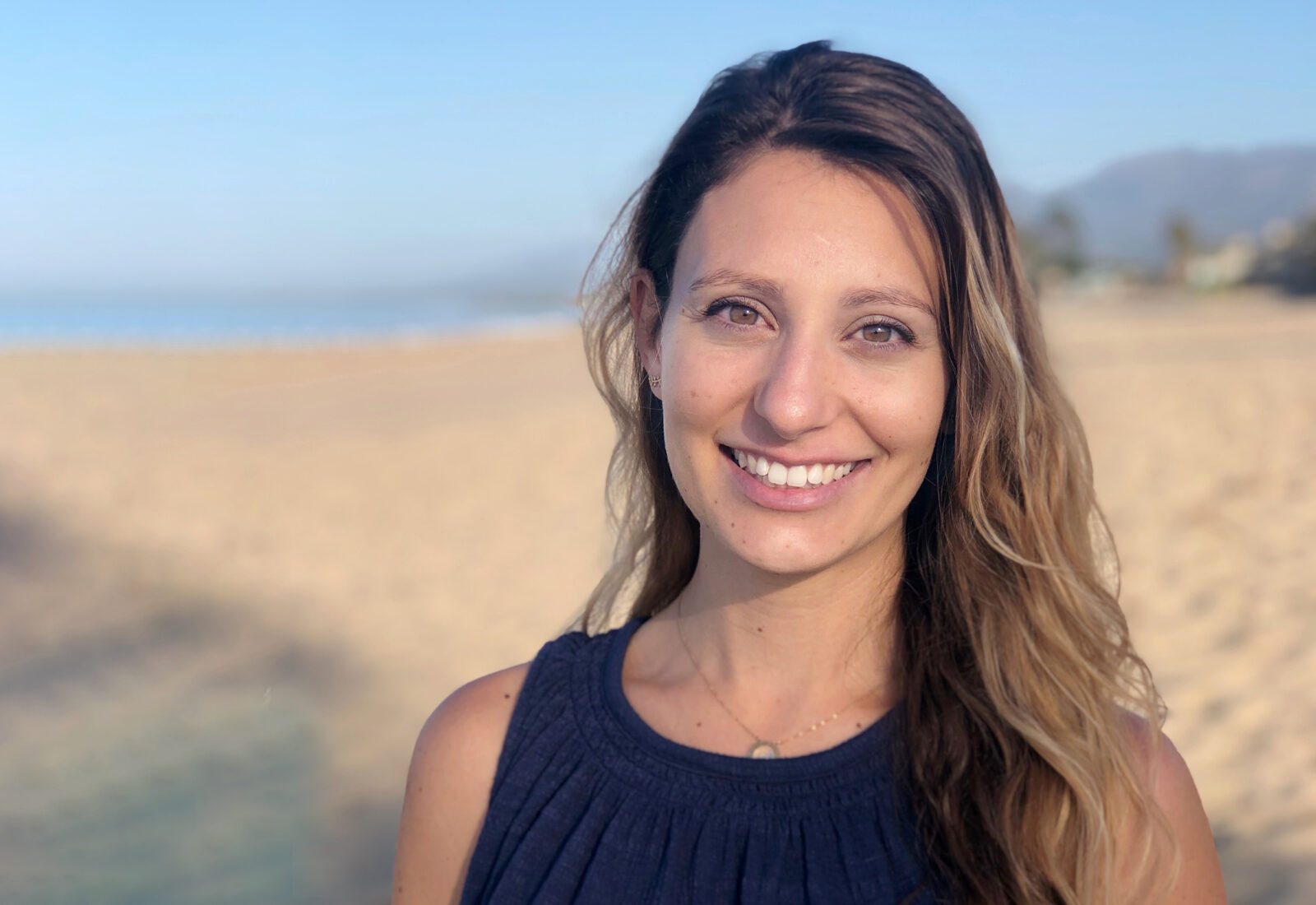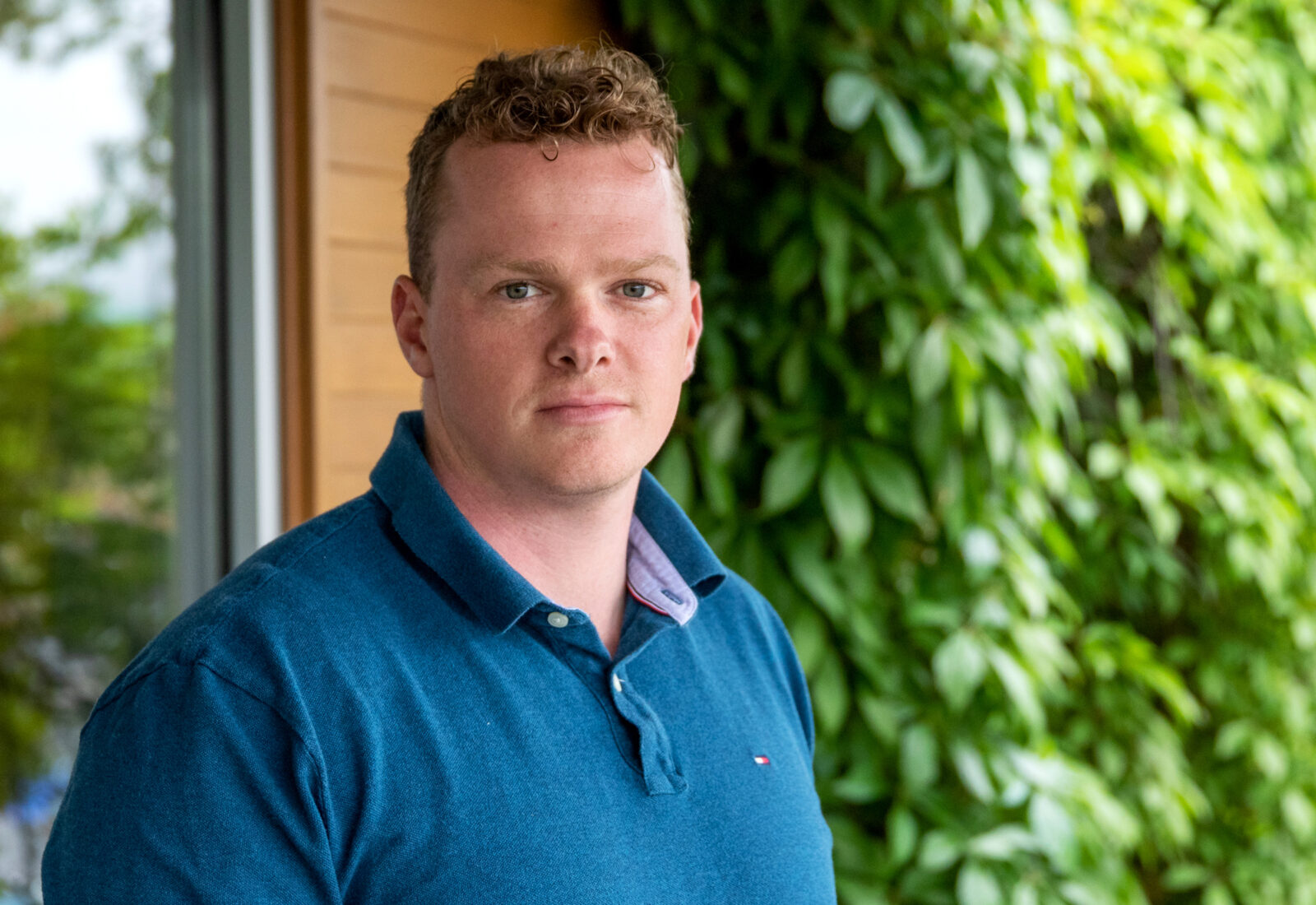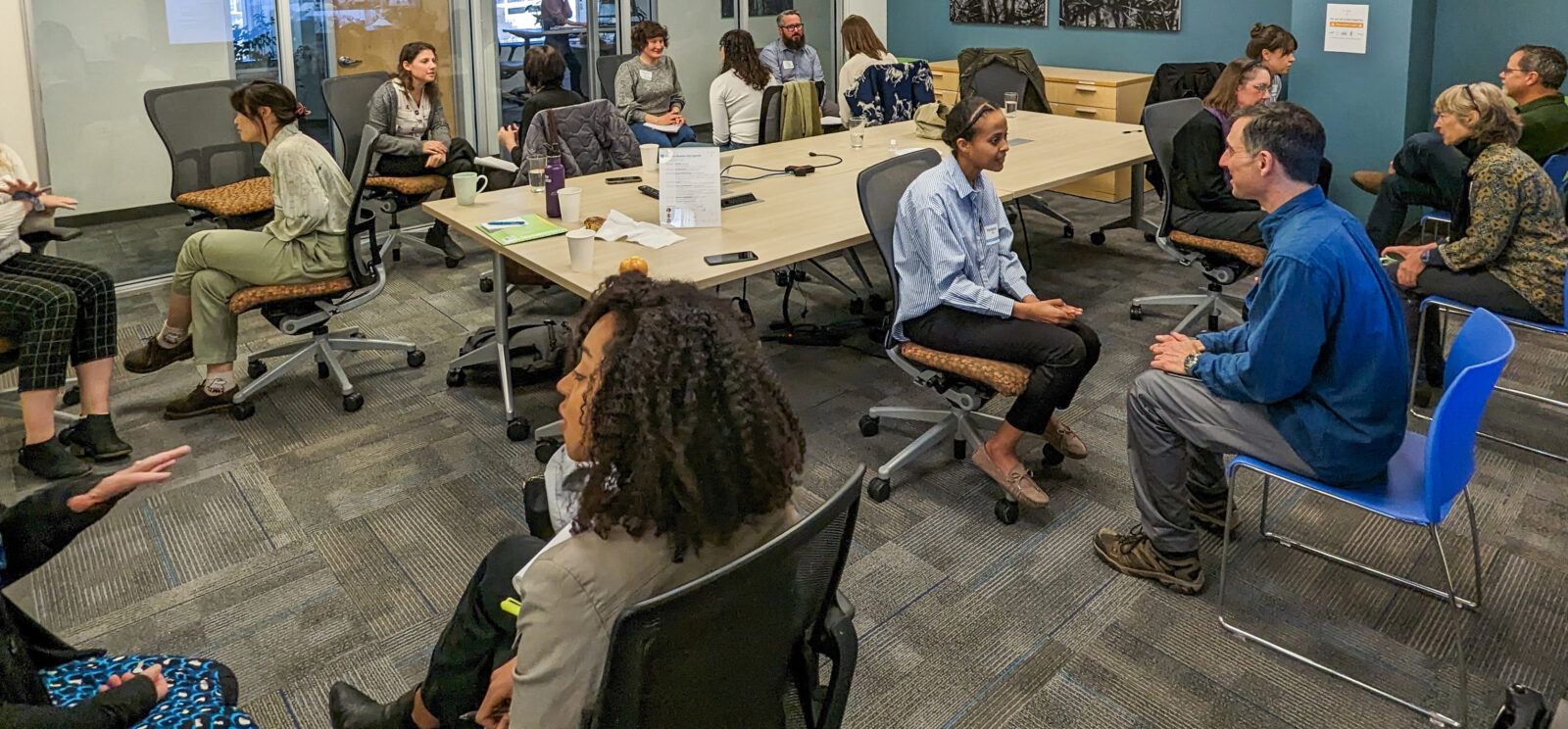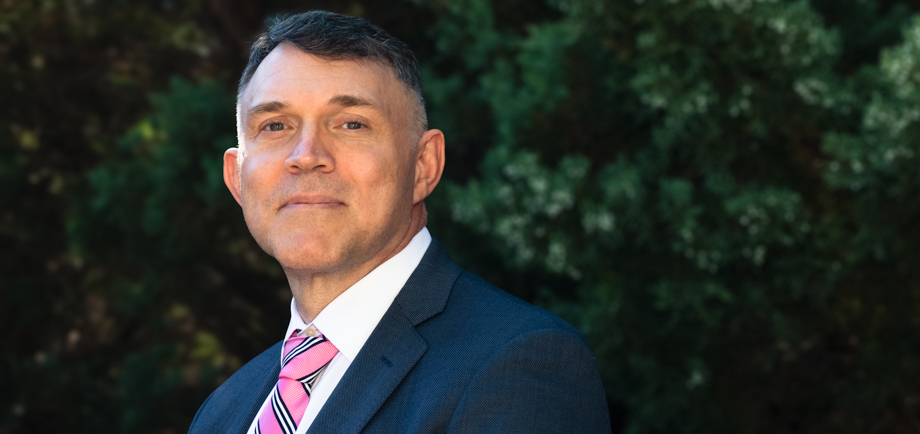Caleb has four years’ experience in California archaeology and archaeometric techniques from RTK and GNSS use to XRF analysis and R coding. Caleb is currently a graduate student at Sonoma state pursuing a M.S. in cultural heritage and resource management. His research focuses now on disproportionate mortality during times of historical pandemics within various archaeological collections. Caleb spent most of his undergraduate career aiding research in stable isotope analysis of pre-historic shell middens and genetic recombination of parasitic annelids in a Congolese lowland gorilla population. During Caleb’s time with ESA, he has been working on a variety of projects, perfecting his field expertise in project management, archaeological monitoring, pedestrian survey, artifact collection, and data analysis while also doing more project management, technical reporting, CEQA and Section 106 reports, EIR’s and ISMND’s.
What is your favorite ESA moment/memory so far?
Being a member of the amazing B7 and LGBTQIA+ ERG groups. Each and every one of the meetings I get to attend is a blessing.
What does it mean to you to be part of an employee-owned company?
It means that my values and work ethics are an integral part of making this company the best it can be for myself and all employee-owners. It also means the work we do benefits not only the communities we are a part of but also ourselves!
What keeps you coming to work here at ESA every day?
Getting to work with a vast array of Native American partners and getting to participate in the pretection and preservation of their material culture. Also, I have learned so much by working here. There is never a day I come to work without learning something new.
What is your hidden or special talent(s)?
I am a great communicator! I pride myself on my ability to grow and nurture professional relationships and aid in the collaboration between various agencies, tribes, and other stakeholders.
What’s your favorite thing to do when you are out of the office?
Eat! I love food and the cultural history that influences it.
If you had one free hour each day, how would you use it?
I’m a big talker, so in all honesty, I’d probably chat it up with colleagues or meet new folks to network with.
What are three skills that you bring to the ESA team? In other words, what should colleagues know to reach out to you about?
- Tribal Consultation/NAGPRA Repatriation
- Osteological Expertise
- Critical Thinking/Problem Solving
In a nutshell, what kind of work does your team do?
We analyze, protect, recover, and mitigate through a multitude of historic and Native American cultural resources in compliance of the NHPA, Section 106 of NEPA, and CEQA.
Describe your role at ESA and the type of work you do.
I help manage large scale archaeological monitoring projects in compliance with CEQA and Section 106 and provide archaeological expertise and tribal consultation to various agencies. I also help other cultural resource staff with their various project needs such as archaeological survey, excavation, data recovery, data management, and deliverable construction.
What’s been your favorite project to work on here at ESA and what impact did it have on the community and/or environment?
It would likely be Project Sunbreak in Oregon. The impact it led to was the protection of many Tribal cultural resources that would have been destroyed if they were not recovered.
Have you had the opportunity to work on any career-defining projects?
Absolutely, many of the projects I help manage has allowed me to network and show my skills to various state and federal agencies who continue to recommend myself (as well as ESA!) for future work.
